Optimal Timing for Masonry Services
Spring offers ideal conditions for masonry work, with moderate temperatures and lower humidity. This period allows for proper curing and reduces the risk of cracking or other issues.
Fall provides a suitable climate for masonry, with cooler temperatures that help in the curing process. Scheduling in early fall ensures completion before winter weather sets in.
Winter cold can hinder curing and cause damage, while summer heat can lead to rapid drying and cracking. These seasons are generally less suitable for masonry services.
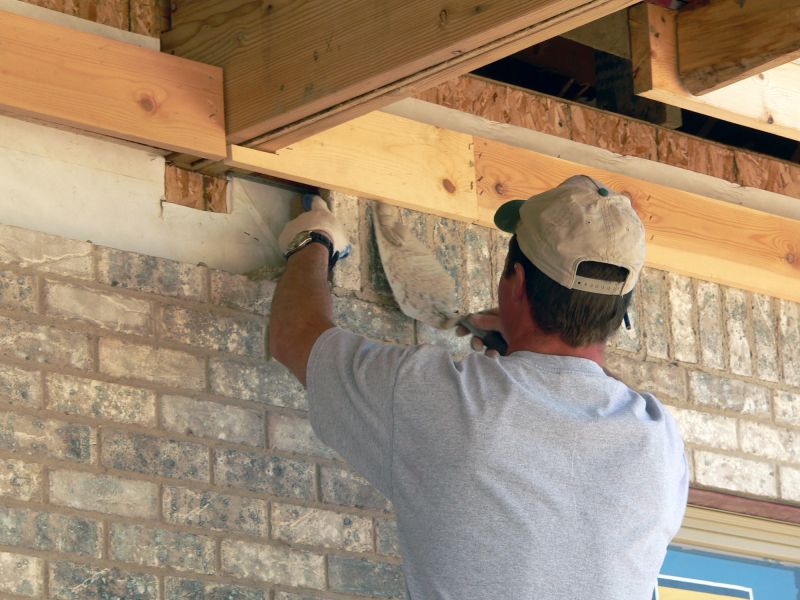
Spring masonry projects benefit from ideal weather conditions for durable results.
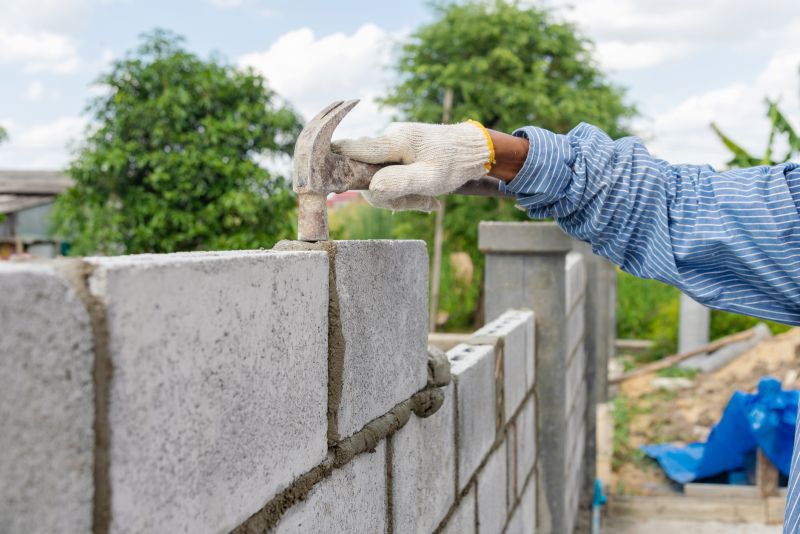
Fall provides a comfortable environment for masonry installation and repairs.
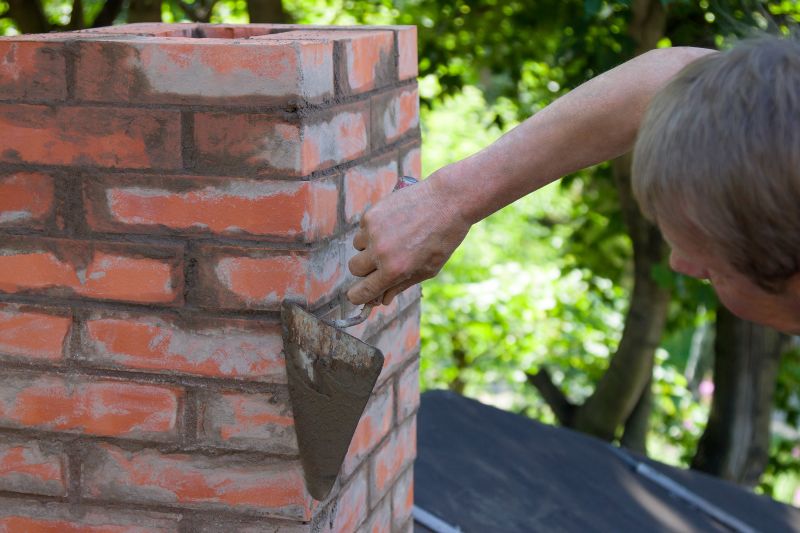
High temperatures can affect mortar curing and material integrity.
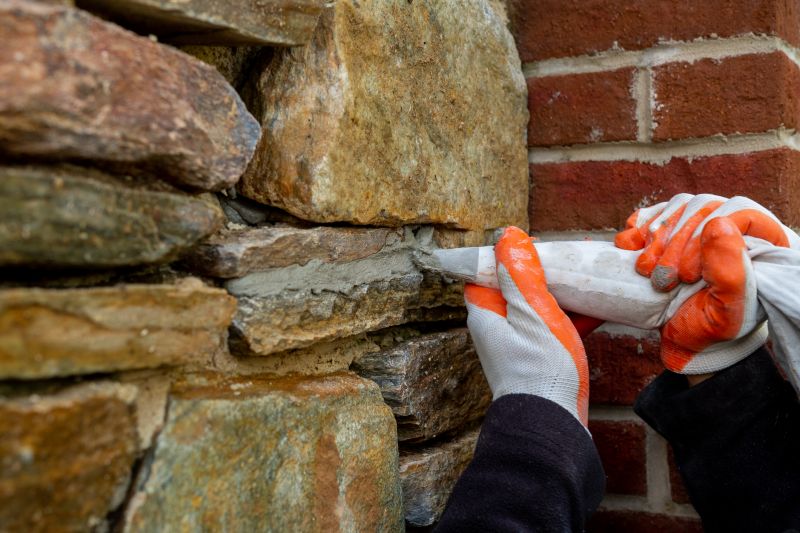
Cold weather can delay curing and increase the risk of damage.
| Season | Optimal for Masonry? |
|---|---|
| Spring | Yes |
| Summer | No |
| Fall | Yes |
| Winter | No |
Masonry services encompass a range of construction and repair activities involving brick, stone, and concrete materials. Proper timing ensures the longevity and stability of structures, with weather conditions playing a crucial role in the quality of work. Scheduling during suitable seasons can minimize delays and enhance the durability of masonry installations.
Statistics indicate that projects completed in spring and fall experience fewer weather-related issues, leading to higher satisfaction and longer-lasting results. Properly timed masonry work also reduces the need for future repairs, saving costs over time.
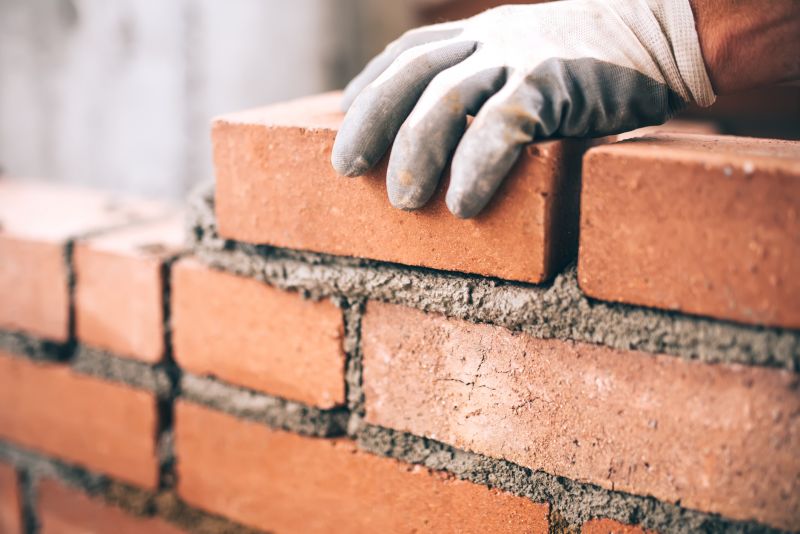
A masonry project underway during optimal weather conditions.
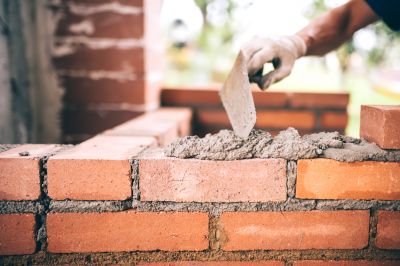
A completed masonry installation demonstrating quality craftsmanship.
For those interested in scheduling masonry services, it is recommended to contact well in advance to secure optimal timing. Proper planning aligns project timelines with favorable weather conditions, ensuring quality results and longevity of the work.
